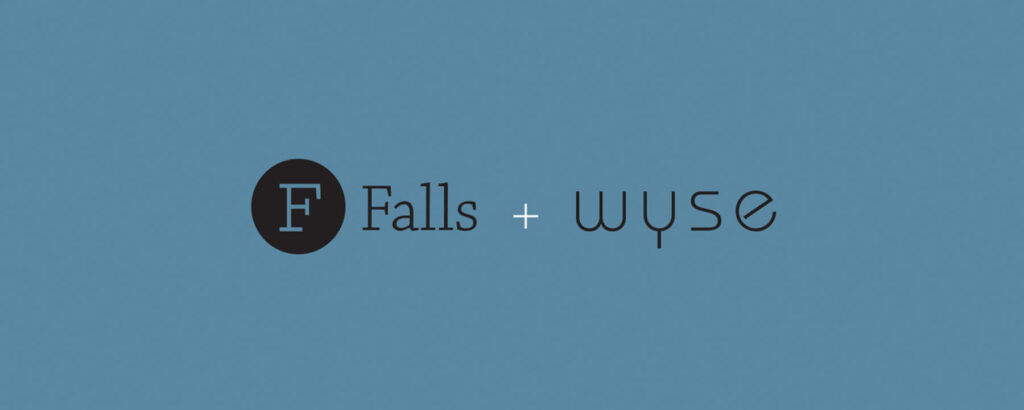
Todd Morgano | May 23, 2022
Facebook was probably surprised when Frances Haugen, a one-time employee of the company, came forward and testified before Congress about practices at the company she felt were harmful and deceitful. Private equity firms in Silicon Valley were also probably caught off guard when Ann Lai, a tech industry worker, spoke out against an alleged culture of sexism and lewd behavior among her colleagues and started releasing texts she’d received from them to shed light on the issue.
Yes, sometimes a whistleblower can be aggrieved, misinformed or have an axe to grind against your organization. But sometimes the whistleblower is a person of good conscience who sees a legitimate wrong that needs to be righted.
Motivation aside, the act of whistleblowing is often an uncalculated risk within organizations. Companies prepare for hacks, natural disasters, disruptions of business, competitive threats and on and on. But I’ve yet to run across an organization that has identified whistleblowing as a threat.
Maybe it’s time they start. The threat has grown in recent years, due to the rise of technology and shifts in our culture.
Technological and cultural impacts on whistleblowing
Let’s start with technology’s impact on whistleblowing. Nearly every organization doing business today stores and shares massive amounts of information digitally. And while a lot of effort goes into protecting sensitive information, we’ve all seen examples of how a rank-and-file employee, or one with privileged access to information, can send sensitive internal documents or correspondence to a worldwide audience with nothing more than a tap on their smart device.
At the same time, our culture has edged toward embracing, and sometimes even celebrating whistleblowers.
Whistleblowing odds are greater than you think
Admittedly, your company is unlikely to become the next high-profile whistleblower case-study the way Facebook or Enron have become. But I’d argue there’s plenty of risk below the threshold of being thrust into the national spotlight.
Your reviews on Glassdoor are a form of whistleblowing. So is what your customers and employees share on their social channels. And what your employees say to each other at work. These kinds of activities may never attract national media attention, but they’re damaging just the same.
What can you do to prevent this kind of low-level whistleblowing from harming your reputation with employees, customers and prospective hires?
While every organization is different, I’ve identified four areas of dissonance that I believe provide fertile ground from which problems, and whistleblowers calling attention to them, could arise.
1. Dissonance between senior management and frontline workers
You may be familiar with the television show Undercover Boss. In every episode, the company’s boss dons a disguise and spends some time alongside his or her frontline workers to gain a better perspective of the company. What the boss learns is often revelatory. But you don’t have to go to such extreme measures to get a pulse on what’s happening among your employees and lessen the chance they’ll go public with their grievances.
If you don’t already have an internal communications channel that allows workers to provide real-time feedback on company policies and culture, open one. And then don’t use it to punish employees who are brave enough to share their thoughts. A channel could be anything from a periodic survey that allows people to provide thoughts anonymously to one-on-ones with management or HR. The form the channel takes is less important than having a systematic way of maintaining an open dialogue between workers and their leadership.
2. Dissonance between your mission statement and the incentives you implement to drive profitability
I’ll use Wells Fargo as a recent example. The financial institution’s mission statement is (or was) “helping customers succeed financially.” But not long ago, employees of the company, faced with meeting aggressive sales goals they were incentivized to hit, began opening millions of accounts for customers, without their permission, and then collecting fees on those accounts. It shouldn’t need to be said, but it’s a huge red flag if what you’re doing to incentivize people daily is out of step with your corporate values. If you’re guilty of this, you’re inviting whistleblowers to come forward.
3. Dissonance between short- and long-term thinking
Public companies especially, but many private ones as well, are under extreme pressure to meet next quarter’s sales and revenue goals. And while it’s admirable to take care of what’s most pressing, sometimes it can lead to a short-sighted mentality that encourages people at all levels to value the here-and-now over what the organization is striving to become in the long run. When that happens, it puts an organization at a higher risk for bad behavior – which leads to an increased risk of whistleblowing.
4. Dissonance between profits and ethics
Let’s be clear, every company is in the business of making money. If they weren’t, they wouldn’t be around. But if you chase profit margins at the expense of doing what’s right there’s a good chance a whistleblower will call you out.
Take the Facebook example cited earlier. The company’s reason for being is to give people a way to share and connect – and it’s an arguably noble endeavor. But if in pursuing that noble endeavor they, intentionally or unintentionally, compromise people’s private information, or allow misinformation to spread, or ignore the harm they may be doing to the mental wellbeing of children (as Ms. Haugen and others have alleged), then it begins to erode their reputation, which – left unchecked – could deteriorate or even destroy the business.
While there’s no handbook on how to safeguard your organization from whistleblowing, I think these four areas of dissonance can serve as a guide and help you begin to assess and address the risks within your organization.
I’ll leave you with the words of Martin Luther King Jr.: “The time is always right to do the right thing.”


